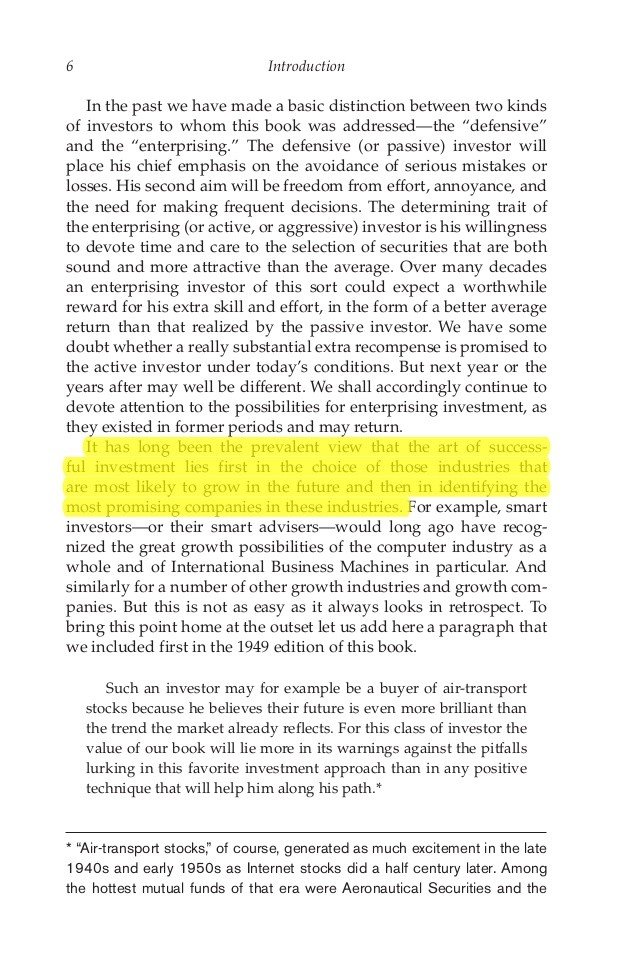Investment trusts explained (part one) Discounts and premiums Professional Adviser IFAonline
Post on: 16 Март, 2015 No Comment

The closed-ended structure of investment companies is a defining feature. It can be a huge advantage, as managers can take a long-term view of their portfolio and, unlike open-ended fund managers, do not have to sell assets to meet redemptions.
In February, the average investment company discount narrowed to its lowest level since records began
One of the main reasons investment companies can bounce back from a downturn is due to this closed-ended structure. Managers are able to sit it out, holding on to their portfolios and positioning them for recovery. Elsewhere, managers of open-ended vehicles will face redemptions and may well have to sell some of their portfolio to meet them, which can affect their recovery.
A closed-ended structure is also particularly suitable for illiquid assets such as infrastructure and unquoted companies.
The reason investment companies are structured this way is because they are listed on a stock exchange, meaning investors buy and sell at the share price.
Calculations
However, the net asset value (NAV) is the value of the investment companys assets minus any liabilities (often debt) divided by the number of shares. The difference between these prices is represented by a discount or premium figure.
If the NAV is lower than the share price, investors are paying more for the shares than the assets are worth, and the investment company is on a premium. A NAV per share of 100p and a share price of 110p would equal a 10% premium.
If the NAV is higher than the share price and investors are therefore paying less for the shares than the assets are worth, the investment company is on a discount. A NAV per share of 100p and a share price of 90p would equal a 10% discount.
> Click here for more investment trusts news and features <
Discounts and premiums are an important factor to consider when it comes to comparing and choosing investment companies for your clients. An investment company trading on a discount can be a buying opportunity, as you have more assets working for your investment to produce income and capital.
When you buy shares trading at a premium, there must be a good reason for paying more than the NAV. For example, you might think the company will perform well in future due to the investments it makes, or perhaps it offers an attractive yield and your client is looking for income.
Investment companies should be bought for the long-term and this should always be remembered when looking at discounts and premiums.
It is worth noting, however, that if you buy at a discount and the discount narrows (the shares start trading at a price closer to the NAV), you will get a better return than the performance of the underlying assets.

If the discount widens, you will not necessarily make a loss so long as the share price increases — but you will not make as much of a gain.
Sectors in vogue
Of course, there will always be some investment company sectors which are more popular than others, depending on what is in vogue at a particular time. Not surprisingly, many investment companies with an income focus are currently trading on premiums.
For example, the Global Equity Income sector is on an average premium of 3%, with more specialist sector Property Direct UK on an average premium of 11%.
Many investors are prepared to pay more than the value of the underlying assets for levels of income that are hard to come by elsewhere.
Strong performance, enviable dividend track records and low interest rates have all played a role. Some of these sought after investment companies are regularly issuing new shares to help keep up with demand.
This article continues














